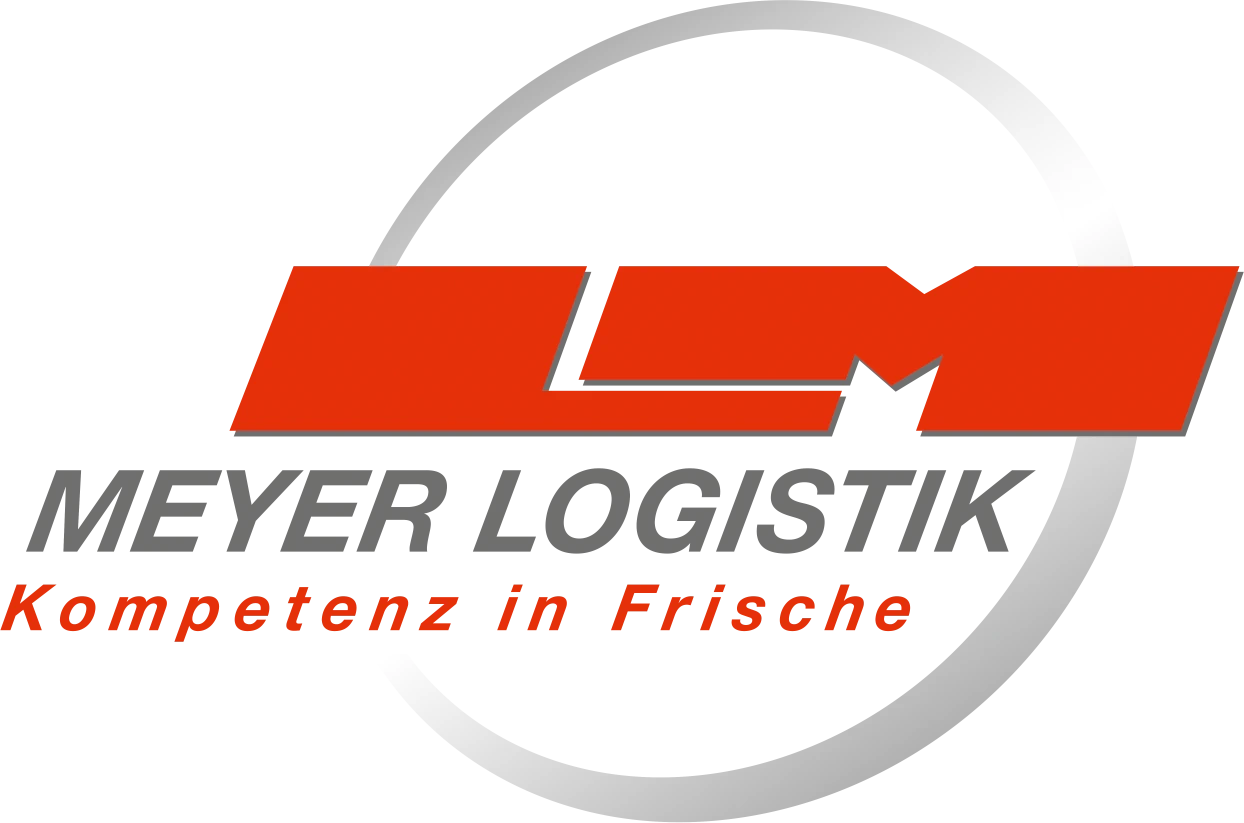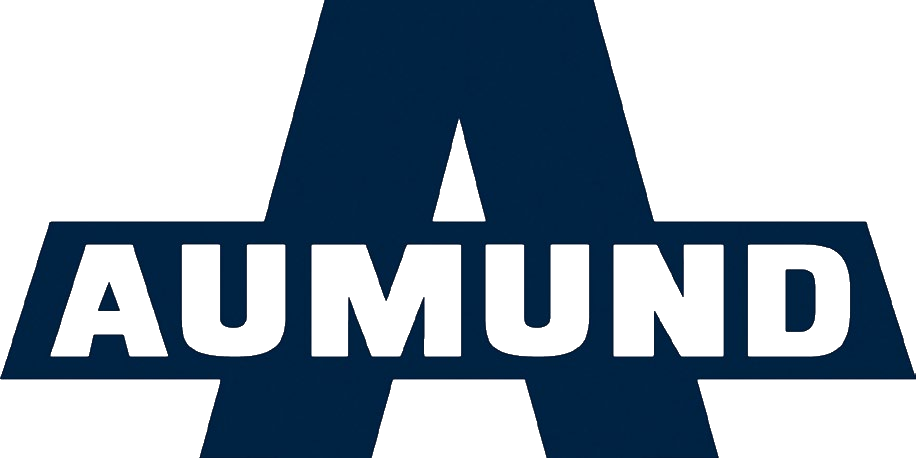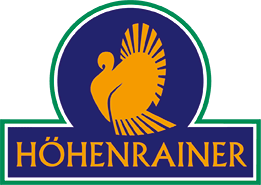Audit of Fire Extinguisher Systems and Inspection Schedule Checklist
A standardized template for auditing fire extinguisher systems and creating inspection schedules, ensuring compliance with regulations and maintaining workplace safety.
I. Introduction
FAQ
How can I integrate this Checklist into my business?
You have 2 options:
1. Download the Checklist as PDF for Free and share it with your team for completion.
2. Use the Checklist directly within the Mobile2b Platform to optimize your business processes.
How many ready-to-use Checklist do you offer?
We have a collection of over 5,000 ready-to-use fully customizable Checklists, available with a single click.
What is the cost of using this Checklist on your platform?
Pricing is based on how often you use the Checklist each month.
For detailed information, please visit our pricing page.
What is Audit of Fire Extinguisher Systems and Inspection Schedule Checklist?
The audit of fire extinguisher systems and inspection schedule checklist is a comprehensive evaluation of an organization's fire extinguisher equipment, maintenance records, and employee training. It includes:
- Inspecting all fire extinguishers to ensure they are:
- Visually inspected monthly
- Functionally inspected annually or as per manufacturer guidelines
- Certified for hydrostatic testing every 6-12 years
- Verifying that a schedule is in place to ensure:
- Fire extinguishers are inspected and maintained according to the manufacturer's instructions
- Employee training records are up-to-date
- The fire extinguisher inspection record log is accurate and complete
- Reviewing employee training records to ensure they have been properly trained on:
- Using fire extinguishers
- Recognizing fire hazards
- Reporting fire incidents
This checklist ensures compliance with local regulations and industry standards, such as NFPA 10, which requires regular inspections of fire extinguishers.
How can implementing a Audit of Fire Extinguisher Systems and Inspection Schedule Checklist benefit my organization?
Implementing an audit of fire extinguisher systems and inspection schedule checklist can benefit your organization in several ways:
- Identifies potential fire hazards and safety risks, allowing for proactive measures to mitigate them
- Ensures compliance with relevant laws, regulations, and industry standards
- Enhances workplace safety by guaranteeing that fire extinguishers are properly installed, inspected, and maintained
- Reduces the risk of accidents, injuries, and property damage caused by fires
- Helps prevent costly legal and financial consequences resulting from non-compliance or incidents related to inadequate fire protection
- Supports a culture of safety and responsibility within your organization by demonstrating a commitment to protecting employees, visitors, and assets.
What are the key components of the Audit of Fire Extinguisher Systems and Inspection Schedule Checklist?
- System Design
- Inspecting Officer Qualifications
- Inspection Schedules
- Equipment Types and Capacities
- Extinguishant Media
- Hoses and Nozzles
- Alarms and Signals
- Storage and Maintenance
- Training Requirements
II. General Requirements
III. Fire Extinguisher Inspection Schedule
IV. Fire Extinguisher Maintenance
V. Fire Extinguisher Training
VI. Conclusion
VII. Appendices
VIII. Sign-off
Expense Reduction
 34%
34% Development Speed
 87%
87% Team Productivity
 48%
48% Generate your Checklist with the help of AI
Type the name of the Checklist you need and leave the rest to us.
 Made in Germany
Made in Germany Fair Pricing Policy
Fair Pricing Policy




























 Certified Security and Data Protection
Certified Security and Data Protection Active Support and Customer success
Active Support and Customer success Flexible and Fully customizable
Flexible and Fully customizable